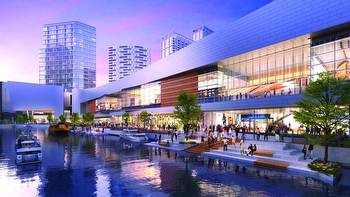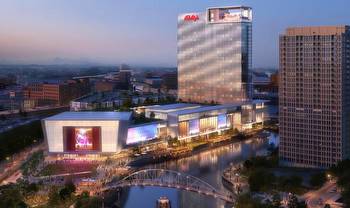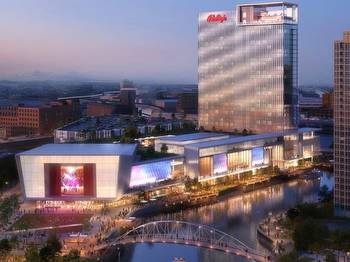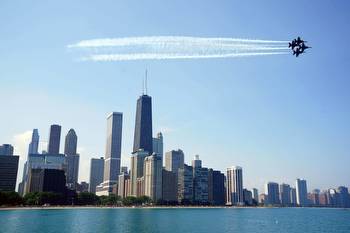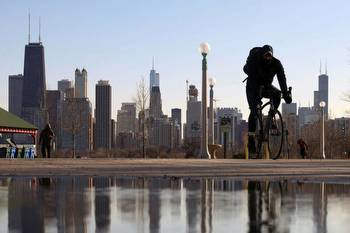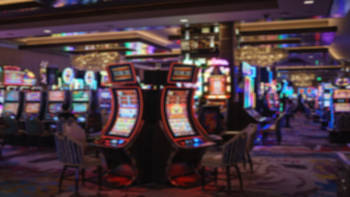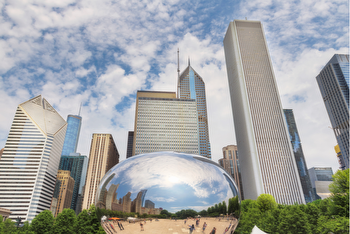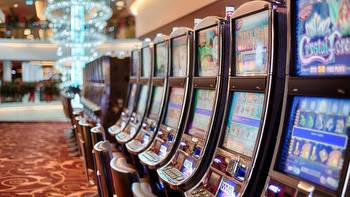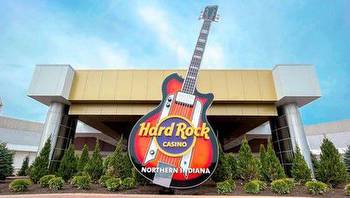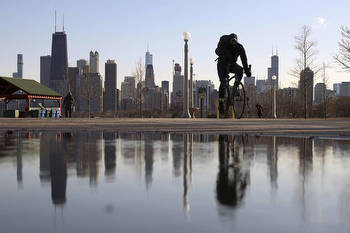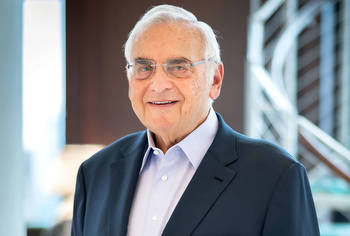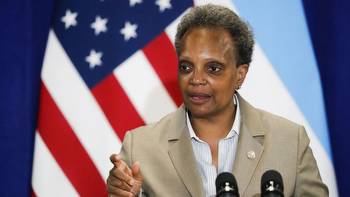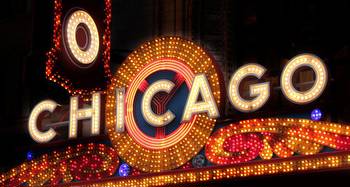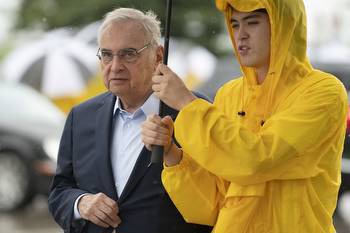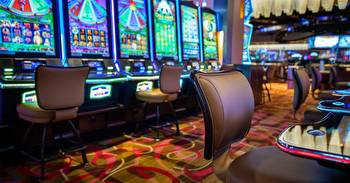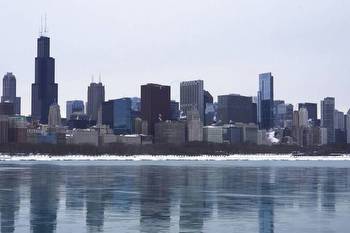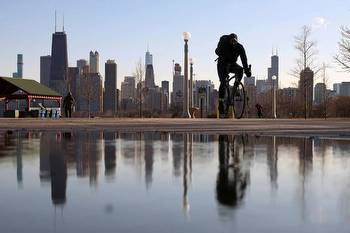Chicago not attracting major operators for casino project despite extended RFP deadline
hicago is committed to opening its first casino, but one essential requirement to turn the project into reality seems to be missing: interest from major gaming companies willing to launch operations in the city.
Originally, bidders had until August 23 to submit a proposal to develop the long-awaited casino. This later changed once Chicago Mayor Lori E. Lightfoot announced a deadline extension to respond to the casino RFP to Friday, October 29.
But even though there is still time for operators to take a bet on Chicago, little seems to have changed: so far bidding interest has been muted, reports WTTW.
The project could potentially be of interest to big-name Las Vegas operators. The metropolitan area counts with 9.5 million residents, and in 2019 the city attracted 60 million domestic visitors and 1.5 million international visitors.
Chicago is also set on lifting its sports betting ban, which could drive further revenue to a potential casino, and a world-class casino resort has been projected to generate as much as $200 million in revenue annually.
However, so far major Las Vegas gaming operators including MGM Resorts International, Wynn Resorts Ltd, Caesars Entertainment Inc., and Las Vegas Sands Corp. have opted to pass on bidding. A possible cause: gaming tax rate for the proposed casino set at 40%.
“I think a casino in Chicago proper would be a fabulous idea,” said Brendan Bussmann, partner and director of government affairs for Las Vegas-based consultancy Global Market Advisors to WTTW. “But it’s about getting everything lined up to make that happen. And the challenge with this is not all the sun and the moon, the stars align on this because you have a high tax rate.”
Bussmann proposes halving the tax rate to 20%, which would require a legislative fix in Springfield, which could present a problematic scenario. But it might be the only choice: with top tax rates in Nevada at 6.75%, and the country average ranging from between 10% to 25%, Chicago’s proposed 40% might not be competitive enough for big operators.
Upon first announcing the deadline being pushed by the end of October, Mayor Lightfoot seemed confident that it could offer potential bidders time to show that much-needed interest on the project.
“Extending the deadline for interested bidders will allow the city to collect as many robust, impactful and transformative proposals as possible. I look forward to seeing these bids roll in and working very closely with whichever team is ultimately chosen to develop Chicago’s first-ever casino,” said the Mayor earlier this month.
However, the extension isn’t likely to change the situation, considers Bussmann. As it stands so far, the Chicago casino project appears to have a long way to go before Las Vegas operators choose to bid on it, and tax rate seems to be at fault.








